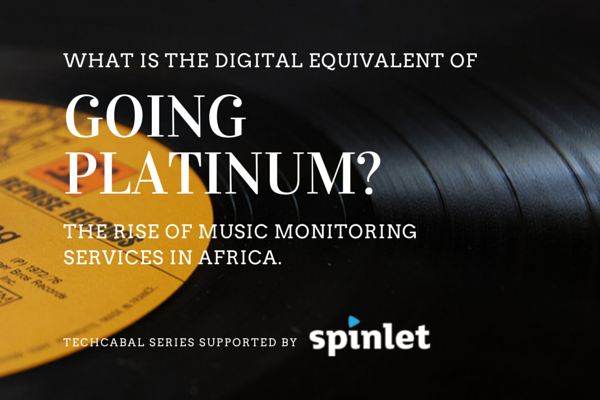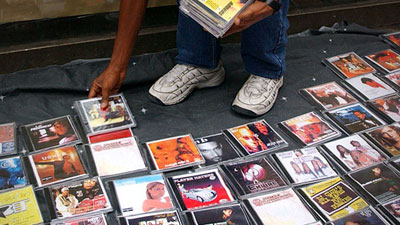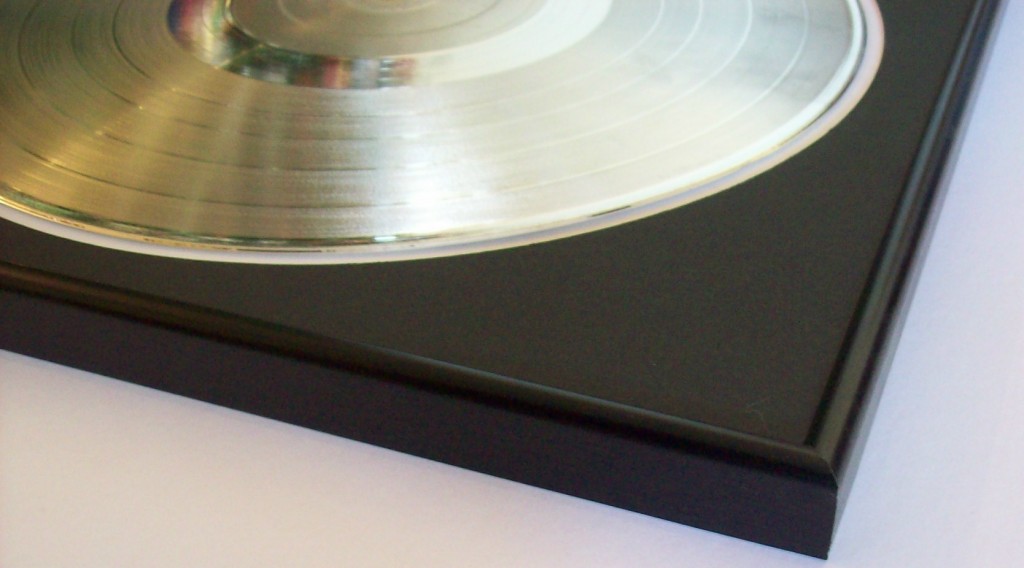The very first ‘gold record’ was awarded to big band musician from the swing era, Glenn Miller by RCA Records, when his album Chattanooga Choo Choo sold 1.2 million copies in 1942.
This was before the trade organization for the music industry in the United States, the Recording Industry Association of America (RIAA) was established in 1952. Going forward, the RIAA stipulated that albums or singles with a million or more copies sold would be awarded the ‘Platinum’ sales label.
However, for years now, the sale of music have transcended physical media. Digital downloads, ringtone downloads and music streaming are now firmly embedded in the value chain of the music industry. The iPods, download websites and streaming platforms are unbundling the album distribution model and cannibalising physical sales simultaneously. Music CD sales are plunging, and that loss is definitely the gain of digital sales, which are steadily rising.
The industry has since begun to use modern metrics to measure success in the music industry. By the late 2000s, downloads had become a familiar fixture of global chart metrics, but even that measure has been rendered dated as streaming has emerged the most popular method of consuming digital music, on the back of services like YouTube and Spotify. In November 2014, Billboard and Soundscan created what is for all intents and purposes a conversion rate for music streaming versus sales; 1,500 streams equal one album sale. In February 2015, the UK Album charts began to count streaming data together with CD, LP and download sales in a combined chart.
But issues arise in countries that have no official means of determining how well an artiste’s music performs in the market. In Nigeria for instance, the word on the street was that 30,000 copies of M.I’s 2008 debut album ‘Talk About It’ were sold in thirty minutes; 1 million copies of Flavour’s latest album, ‘Thankful’ were sold in 5 days in November 2014. There was no way of verifying if these were actual sales figures. We had to take the marketers’ word for it. This is in contrast to 2Face’s album, Ascension, which was the 12th best selling album according to Billboard Magazine. Nobody doubts Billboard.
Music piracy also complicates matters. CD sales were never a reliable metric in the first place, because in Nigeria for instance, artistes were more focused on using their album releases as marketing to secure performance revenues.
Piracy is prevalent across Africa. A 2011 global study of software piracy by Business Software Alliance tags Zimbabwe as most prevalent piracy country at 92% and South Africa at 35%.
The good news is that digital technology is enabling the recording industry to reach more people across Africa, according to the IFPI. More and more music enthusiasts are now discovering and consuming African music on the internet, their activity is now trackable in a number of ways. These days, industry analysts are quick to cite iTunes downloads and YouTube views as evidence of a track/album’s success or otherwise. The current trend now is for musicians to deliberately submit their singles and EPs and singles to popular discovery websites like NotJustOk and more to help drive traction for their work. Some of these works never even make it to physical formats and are created exclusively to be downloaded or streamed, which means that the only way they can be measured is digitally.
But beyond counting YouTube views or downloads, perhaps the most interesting trend that is worth mentioning is the rise of music monitoring services. In Nigeria, there are two startups that aim to help the industry keep track of what is going on: Playspread and Playdata.
Founded by Lanre ‘eLDee’ Dabiri, a Nigerian artiste turned techpreneur, Playdata is a broadcast monitoring and reporting network that says it will solve the most pressing problem for the music, media and advertising industry in this part of the world, which is: data collection, assessment and monitoring. The platform is yet to launch.
Meanwhile, Lagos-based Playspread, founded by Segun Jerome has been tracking the local music scene for a while. The business aggregates and analyzes all music related information available on radio, TV, print and web. From radio stations playing artistes singles to websites mentioning an artist or release, Playspread monitors audio and video content as it relates to certain keywords. According to their website, they currently track and index data for 1.5 million artists and over 30 million individual releases (local and foreign) – all in real time.
Those are interesting figures. Nonetheless, It is still hard to determine the digital equivalent of going platinum. It’s even more so in Africa where the technology to track digital music consumption is inchoate at the very best. None of the two music monitoring services mentioned above seem to note the need to track music streaming. Finding the digital equivalent of going platinum already has an interesting tailwind in the revolutionary idea by the British Album charts, but for now, and the foreseeable future, until we can excise the platinum label from the RIAA benchmark or RIAA develops an all new standard metric for “Digital Platinum”, or businesses like PlaySpread scale noticeably to occasion this shift, digital platinum will remain an ideal we refuse to pursue.
This post was brought to you in partnership with Spinlet.com. Download the free Spinlet music app and get African tunes on Android, iOS, Windows Phone and BlackBerry devices.
Image Credit: SABC and Platinum Record Disc

















